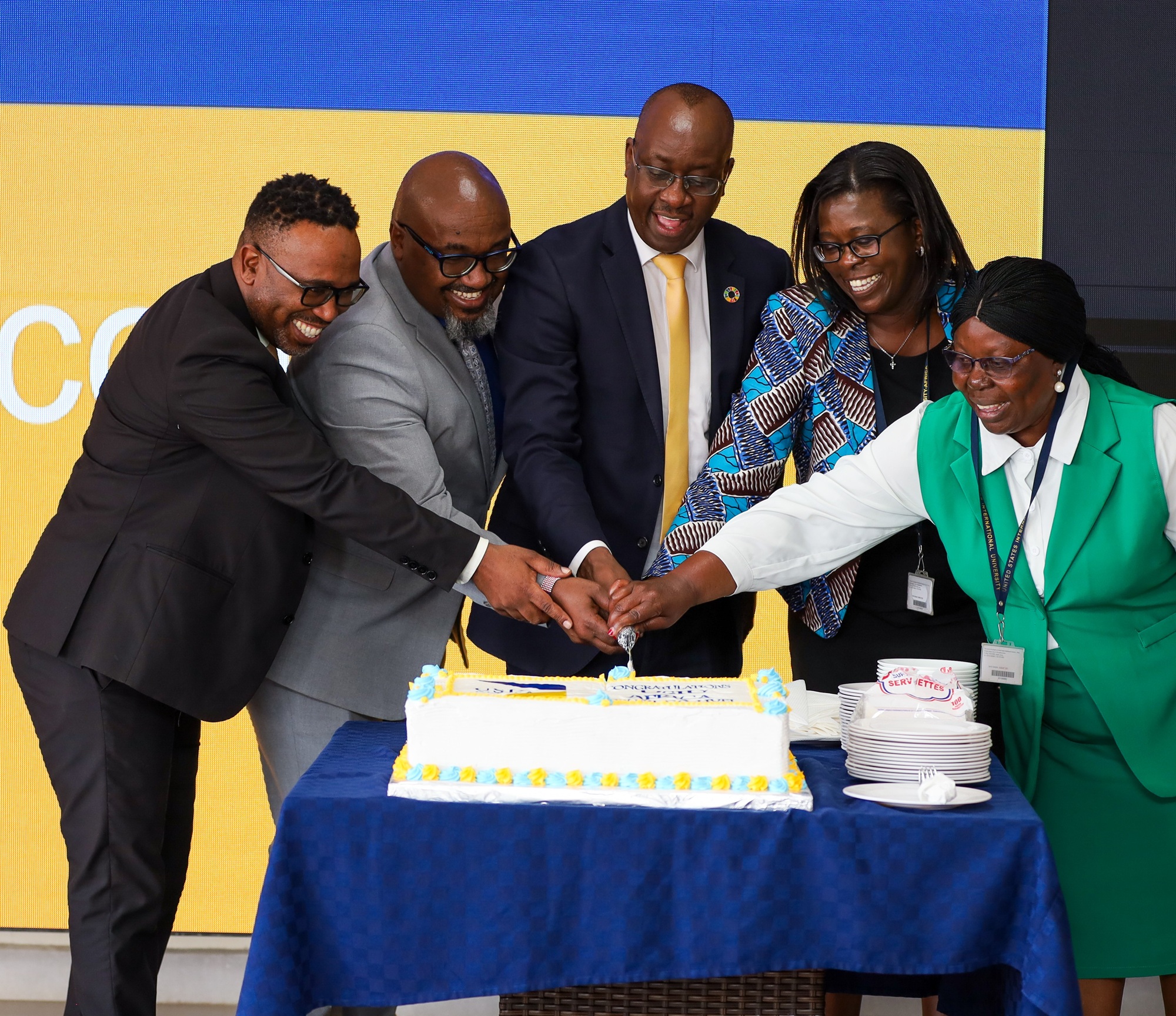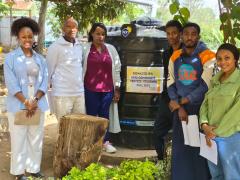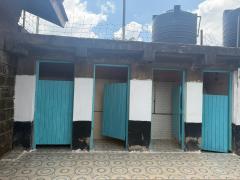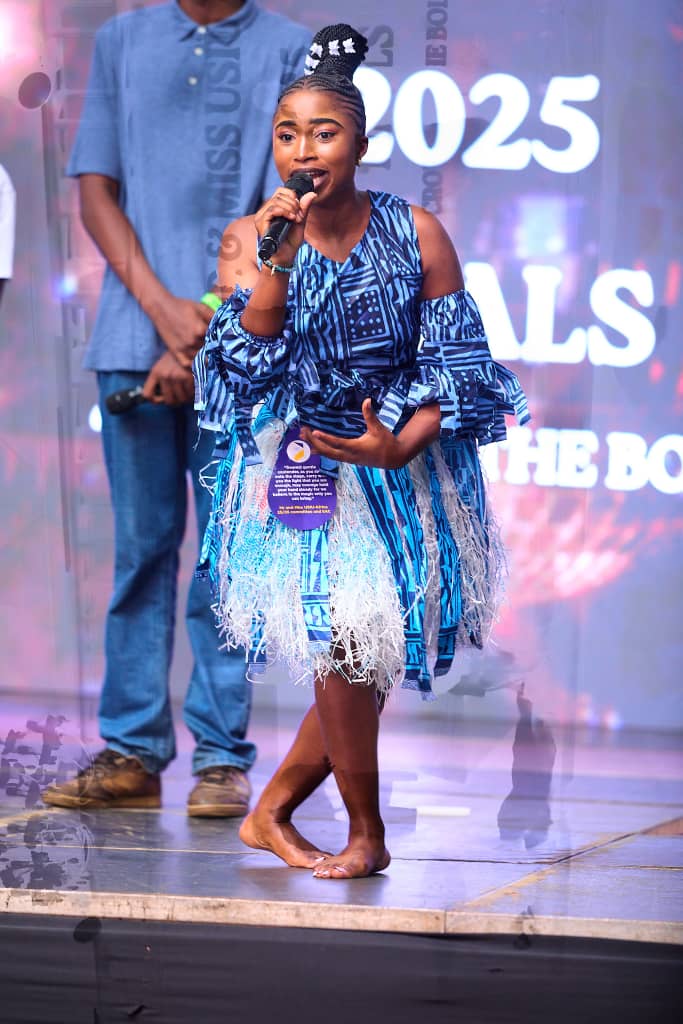Mastercard Foundation Scholars Entrepreneurship Fund (SEF) 2 0
Innovation and Incubation Center
The Innovation and Incubation Center is implementing the Design Your Future Integrated Innovation Pipeline Program (DYF-IPP), which will benefit Mastercard Foundation Scholars by integrating innovative ideas into projects, businesses, and social enterprises that address complex societal challenges through simple solutions. The program leverages inter-institutional collaboration and prepares participants for real-world entrepreneurial challenges. The primary objective is to generate transformative ideas across sectors, assemble a team to refine and execute them, and bring them to life. By aligning these initiatives, the Incubation Center aims to lead in fostering impactful innovations, leveraging inter-institutional collaboration, and preparing participants for real-world entrepreneurial challenges.
The main features of the call
The Mastercard Foundation Scholars Entrepreneurship Fund (SEF) 2.0 is an initiative to equip Mastercard Foundation Scholars with financial support, training, mentorship, mental health resources, and access to networking opportunities to transform their business ideas into viable enterprises. The Mastercard Foundation Scholars Entrepreneurship Fund (SEF 2.0) is an evolution of the initial Mastercard Foundation Scholars Entrepreneurship Fund (SEF), designed to provide Mastercard Foundation Scholars at USIU-Africa with financial grants and capacity-building resources. Under SEF 2.0, eligible Mastercard Foundation Scholars can receive up to $5,000 to support business-related expenses.
Eligibility criteria for the Mastercard Foundation Scholars Entrepreneurship Fund
To qualify for the Mastercard Foundation Scholars Entrepreneurship Fund (SEF 2.0) at USIU-Africa, applicants must meet the following requirements:
- The founder or at least one co-founder must be a Mastercard Foundation Scholar currently enrolled in the Mastercard Foundation Scholars Program at USIU-Africa.
- Applicants must be 35 years old or younger.
- The applicant must be a currently enrolled Mastercard Foundation Scholar, regardless of their level of study.
- The business idea must focus on establishing a business, social enterprise,
- Require training/funding/mentorship/networking opportunities.
3 Application procedure
The Mastercard Foundation Scholars Entrepreneurship Fund (SEF) 2.0 for 2025-2026 is now open for applications! Applications are only open to cohorts 1-3 who have undergone Entrepreneurial training.
1) Fill out the online expression of interest form and submit your application by Monday, 07 April 2025, at 5 pm (EAT).https://www.surveymonkey.com/r/MCF-Entrepreneurship_Fund
2) If any question does not apply to you in the expression of interest form, write NOT APPLICABLE in the blank spaces.
3) For more information, call 0731475758 or 254 730116799 or email sef2.0@usiu.ac.ke.
Contact details
| Type of Contact | Team | | Telephone |
| DYF IPP | Innovation and Incubation Center | 254 730116799 | |
| SEF 2.0 | Billy Wadongo | 254 7314757558 | |
| Transition support | Madzo Mwadzoya | 254 730 116 581 | |
| M&E support | Sylvia Murungaru | 254 730116301 | |
| Finance Reporting | Roselyne Mwasi | 254 730116148 | |
| Communications | Brenda Odhiambo | 254 730116502 |
| Key Dates of the Call for Applications |
| |
| Total estimated Funding allocated to this Call | Funding up to $5000 per project. | |
| Link to the Expression of Interest | ||
| Link to the submission portal | to be provided | |
| List of documents to be submitted during the application |
| |
| List of documents to take into consideration |
| |
| A summary of the topics to be addressed | N/A | |
| Pre-screening, Eligibility, and Admissibility checks |
| |
| Evaluation and scoring system | All evaluation stages comprise different groups of criteria and sub-criteria, which will be assessed according to the following scores: Score Description 0. None- None-The information requested is missing or incomplete
| |
| 5.3 Evaluation of applications | Each application that successfully passes the eligibility and admissibility check is sent to the evaluation panel. The evaluation assesses the product & technology, market & business model, team, and impact. Product & Technology 15 points
Market & Business Model 15 points
Team 15 points
Contribution to the expected Impact 5 points
Total score: 50 points | |
| Communication of results to applicants | The Start-up Leader will receive an email notification with the evaluation results. The applicant must acknowledge the decision within 5 days. | |
| Appeal on Evaluation Results | The start-up of a rejected application that disagrees with the decision may appeal only if an evaluator's comment contradicts the information provided in the application. In this case, the start-up will have five calendar days after receipt of the final evaluation results to submit an appeal to the Evaluation Panel. | |
| Financial Support Agreement | Successful startups will be required to sign a financial support agreement. This Agreement aims to lay down the contractual arrangements between the Parties regarding their respective rights and obligations regarding the recipient's implementation of SEF 2.0 funding. | |
| Project Implementation Handbook | This handbook covers the life cycle of the projects, including their kick-off, the completion of all contractual requirements, day-to-day implementation, management of any project changes, and final reporting. An Interim Review (IR) system is used to assess the status of the projects and ensure that they are progressing in line with their work plans and are contributing to the objectives of SEF 2.0. The key areas covered include. 1. Project kick-off 2. Communication requirements 3. Legal requirements 4. Day-to-day implementation 5. Project changes 5.1 Minor changes 5.2 Major changes 6. Interim reviews 6.1 Interim Performance Review 6.2 Interim cost reporting 7. Final reporting and review 7.1 Final performance reporting 7.2 Final cost reporting 7.3 Final Review 7.4 Post-impact assessment 8. Payments 9. Project support exit | |
| SEF 2.0 FAQs | 1. Who is eligible to apply for SEF 2.0? To qualify for the Mastercard Foundation Scholars Entrepreneurship Fund (SEF 2.0) at USIU-Africa, applicants must meet the following requirements:
2. What types of support does SEF 2.0 offer? The Mastercard Foundation Scholars Entrepreneurship Fund (SEF) 2.0 is an initiative to equip Mastercard Foundation Scholars with financial support, training, mentorship, mental health resources, and access to networking opportunities to transform their business ideas into viable enterprises. 3. Is there a maximum team size for applicants? There is no strict limit on the number of team members; however, the team should be manageable and structured to ensure effective collaboration and decision-making. 4. Can SEF 2.0 provide funding to expand an already existing business? Yes, existing businesses can apply if they demonstrate a clear expansion plan and align with SEF 2.0’s objectives. The start-up must be led by a Mastercard Foundation Scholar and meet all eligibility criteria. 5. Is SEF 2.0 open to businesses outside the technology sector? SEF 2.0 supports ventures from various industries, not just tech-based businesses. All applicants must demonstrate innovation, sustainability, and/or social impact in their business models. 6. My venture is a non-profit. Am I still eligible for SEF 2.0 support? Yes, non-profit ventures are eligible if they present a strong value proposition and a sustainable impact model as a profitable social enterprise. The selection process considers the initiative's viability and scalability. 7. I am in my final semester; can I still apply for SEF 2.0? Yes, final-semester Scholars can apply. However, they must demonstrate a clear commitment to the venture beyond graduation and be available for program activities during implementation. 8. Does SEF 2.0 provide any support for USIU-Africa Scholar alums? SEF 2.0 primarily targets current Scholars. However, Scholars who were enrolled in the SEF 2.0 program before graduation will still receive support for their business after graduation. Additionally, alums can explore the Fund for Alumni Start-ups in Transition) program, which is specifically designed to support ventures led by Alumni from the Mastercard Foundation Scholars Program, African Leadership Academy (ALA), Anzisha Prize, Young African Leaders Initiative (YALI) 9. Can I form a team that includes individuals who are not USIU-Africa students or Scholars? Yes, teams can include non-Scholars and individuals who are not USIU-Africa students. However, the founder or co-founder must be a Mastercard Foundation Scholar who plays a key role in the business's strategy and execution. | |






